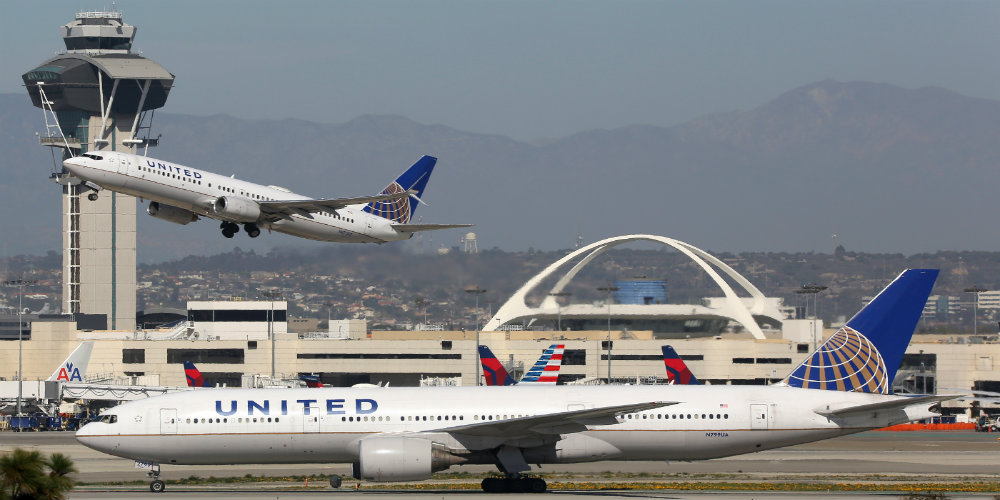Like clowns spilling forth from a tiny car, tales of United passengers wronged are grabbing headlines. Airlines, like health insurers and internet/cable/phone companies, are the corporations we love to hate. We depend on these services - in some cases, our lives depend on them - and yet they overpromise, overcharge and under deliver. And they couldn’t care less.
All three are ripe for disruption because, like United and other airlines, they possess the three factors required to facilitate change: overwhelming dissatisfaction, regulatory friction, and innovators who will find a cheaper, faster and better way.
When it comes to airlines, ever since 9/11 I've been waiting for private jet memberships to take off. I love to fly. Love, love, lovity-love it.
However, traveling via commercial airline is another matter. It used to be glamorous and fun. But the airlines have downgraded the experience to little more than a subway in the sky. Yes, first class is better, but even though your seats are better and you get free drinks, you're still on a filthy airbus and could be kicked to the curb at any time. Literally kicked, apparently.
The rage against United after the recent incident in which the airline forcibly removed a passenger stems from why it happened as much as how. Overbooking a flight is fraud, plain and simple. The airline is selling seats it doesn't have. Sure, a certain number of passengers usually don't show up, but that's a gamble. Could I get away with selling a diamond ring twice because a certain number of prospective grooms get cold feet? Of course not. Airlines shouldn't be allowed to do the same thing.
The other service issue was the fact that the airline placed a priority on the movement of its employees over paid customers. Yes, air crew must be present for work, but the logistics of keeping flights staffed is the airline's problem, not paid customers’. That the seat was taken by an employee and not another passenger added insult to injury. Delta has also received bad press recently for canceling flights because they keep screwing up their crew schedules.
Regulation has also taken the fun out of air travel. TSA security lines are time consuming and dehumanizing. Sure, you can upgrade your constitutional rights with TSA Precheck and keep your shoes on while taking the "hands up, don't shoot" position in the naked body scanners, but that's not much consolation. And once you get on the airplane, you're at the mercy of airline employees and airport police, thanks to the Patriot Act's unconstitutional provisions that eliminate our rights when we board a civilian aircraft.
That's where private jet memberships come in. For years, companies have been building fleets of underutilized jets and slowly but surely, the price to fly like the 1% is almost within reach. Every time an airline screws up like United did, it gets me one step closer to traveling like a Kardashian.
How much does a seat cost on these timeshares in the sky? One popular service, JetSmarter, offers regular routes between Los Angeles, New York, and South Florida, as well as other business hubs, for just $9,000 per year. That annual price tag might appear steep, but if you've flown anywhere recently you know those round trips run $500 or more. Fly twice a month and your private jet service just paid for itself in airfare alone. And that's not even counting what your time, comfort and dignity are worth.
Best of all, these jets are filled with business prospects - folks who aren't Bombardier or Gulfstream wealthy, but have enough savvy and resources to cut deals within reach of your average successful entrepreneur or c-suiter. It's ideal for bicoastal business executives and entrepreneurs, and the service is on the cusp of disrupting the bread and butter routes that airlines like United depend upon.
The takeaway is that similar issues are fueling disruption in financial services. Customers don't appreciate policies and regulations that keep them from accessing their money, even if it's in the best interest of the institution's risk management. Procedures that benefit employees over customers also decrease satisfaction. And, as consumers increasingly use digital methods to access their accounts, technological innovation will help start-ups disrupt the status quo and find ways to circumvent these policies, procedures, and regulations.







